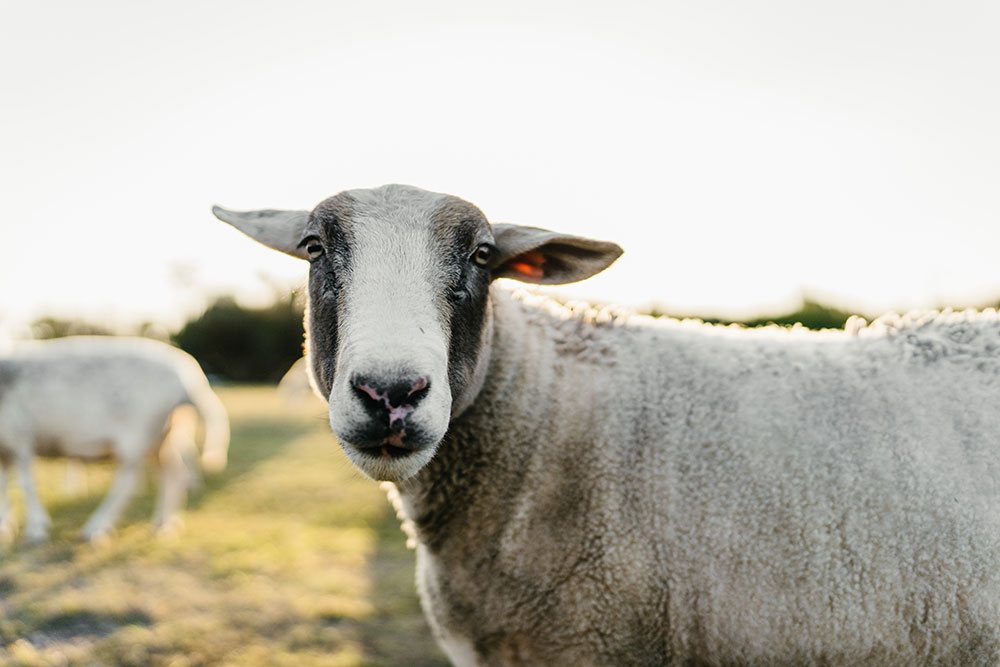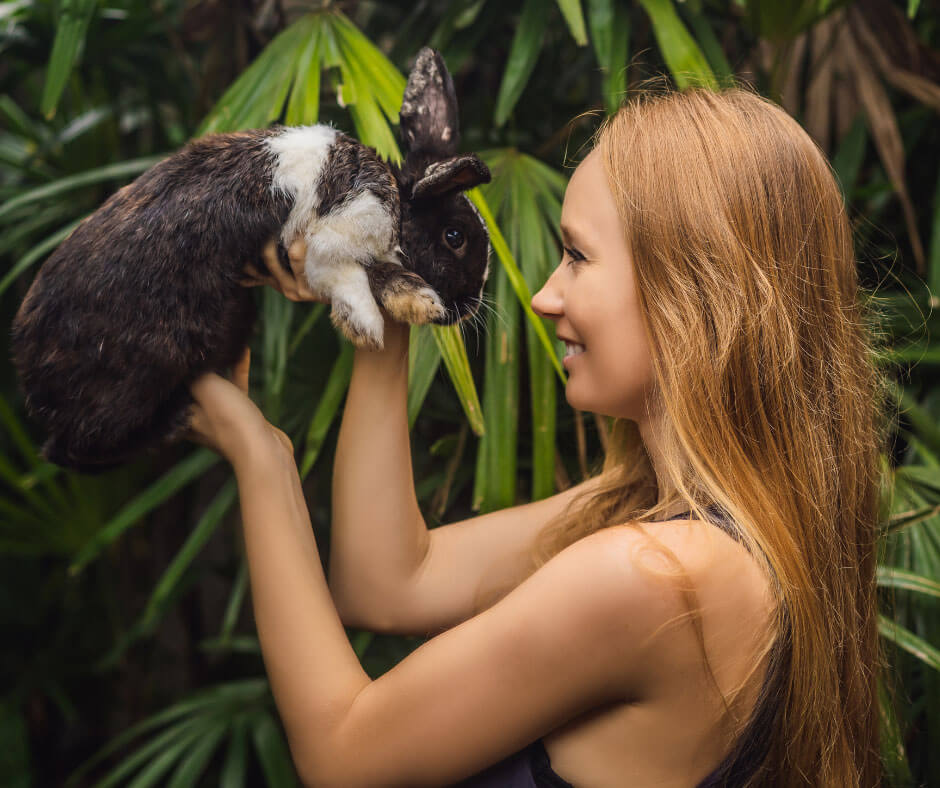The Issues
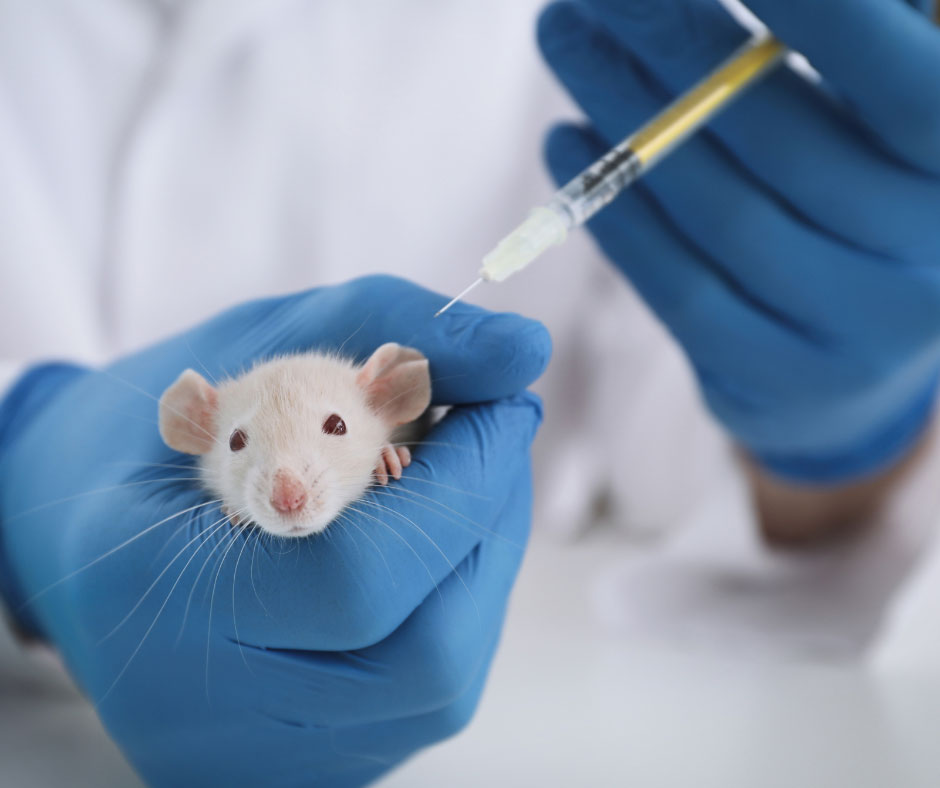
The Facts
Millions of animals are used in Australian research, testing and teaching each year. To its shame, Australia is the fourth largest user of animals in the world, behind China, Japan and the United States.
Animals are injected with diseases, poisoned, driven insane, electrically shocked, blinded, gassed, concussed, burned, frozen, drowned, disembowelled and dismembered in the name of human health and well-being.
Animals used for experimentation, in Australia include, but are not limited to, amphibians, baboons, birds, cats, cows, chickens, dogs, donkeys, ducks, fish, geese, guinea pigs, horses, macaques, marmosets, mice, native mammals, pigs, rabbits, rats reptiles and sheep.
The issues
In addition to being unethical and cruel, animal experimentation is fundamentally flawed scientifically. The obstacle posed by the physiological differences between species can never be overcome by scientists. Of all new medicines that prove safe and effective in animal tests, 95 per cent fail in human clinical trials because they either cause harm or don’t work. Studies also show that at least 90 per cent of animal studies fail to lead to any therapies for humans. That’s an enormous waste of money, scientific resources, and animal lives, and it gives patients false hope.
Modern, cutting-edge, non-animal methodologies that can accurately predict what happens in humans are available and represent the future of progressive and effective science. Increasingly, researchers themselves are recognising this.

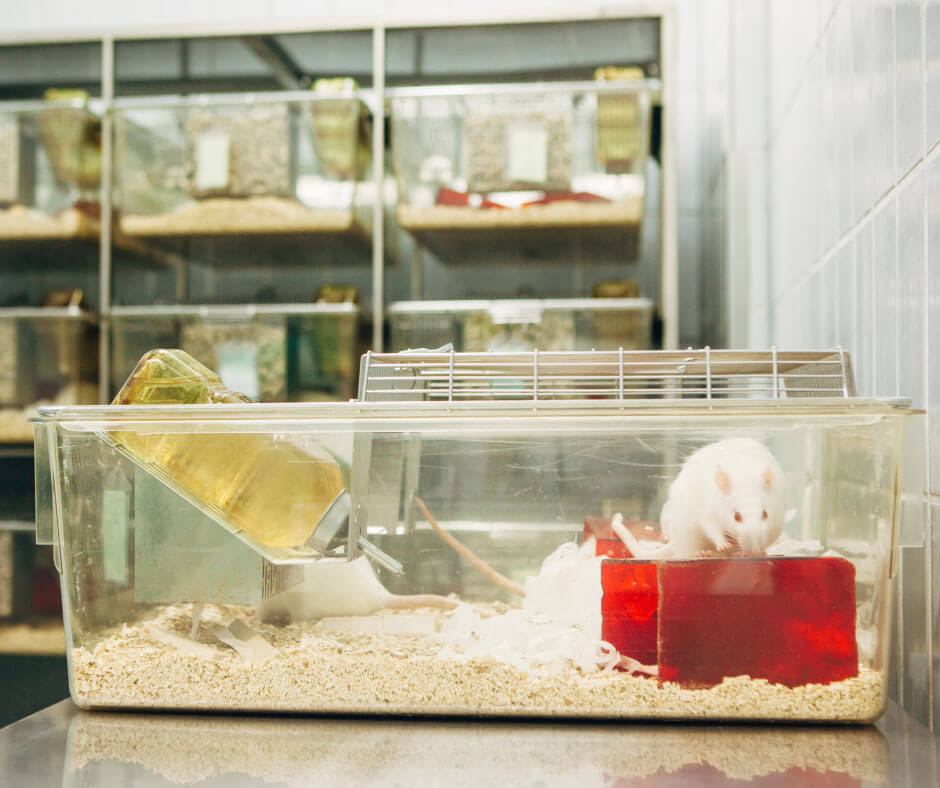
Lack of transparency in reporting
Compliance with the Australian code for the care and use of animals for scientific purposes is mandatory under the Animal Care and Protection Act 2001 and is supposed to safeguard the welfare of animals in Queensland.
The code explains how to apply the 3Rs philosophy of animal ethics and refers to the principles of replacement, reduction, and refinement. When assessing proposals to use animals for scientific purposes, animal ethics committees will require evidence that the investigator or teacher has considered the replacement, reduction and refinement of animal use in their proposal and will continue this process throughout the life of the project.
Sadly, however, these mechanisms fail to prevent cruelty and suffering from occurring. They fail because the medical and scientific researchers, and the facilities they work in, are for the most part self-regulated. There is no independent assessment, little transparency, and next to no accountability within the industry.
In fact, the federal government, through the National Health and Medical Research Council (NHMRC), hands out hundreds of millions of dollars every year, yet has no independent assessment procedures in place to review the outcomes of the research it has funded, nor does it take responsibility for ensuring its own code of practice is adhered to by the scientists conducting the experiments.
The industry
Animal research is a highly profitable industry, and there is a strong economic incentive to keep it going. Researchers, breeders, suppliers, and pharmaceutical companies are making millions from animal research. Laboratories and their affiliated universities are also eager to hold on to the federal dollars they receive through lucrative animal research, housing, and maintenance grants, including the indirect costs and overhead that pad these grants and benefit the institution.
Animal testing and experimentation are more expansive, pervasive, secretive and profitable than most people would imagine. It is an international, government-sanctioned and funded, multi-billion-dollar business. Professional reputations, prestige and tradition fuel the greed that justifies the needless exploitation of animals in research, product testing and education. Well-funded professional foundations and lobbying organisations craft and market sophisticated campaigns to defend and promote even more animal testing and experimentation and its special interests.
Almost all of the animals used in research are euthanised once they are no longer needed for experiments or breeding. These former “research tools” are very unlikely to be placed into sanctuaries after research has ended. In those rare instances when an appropriate sanctuary is sought, or a university is willing to make animals available for adoption, financial resources are needed to provide veterinary care, housing or transport. Then there is the concern that these animals will simply be replaced with new research subjects.
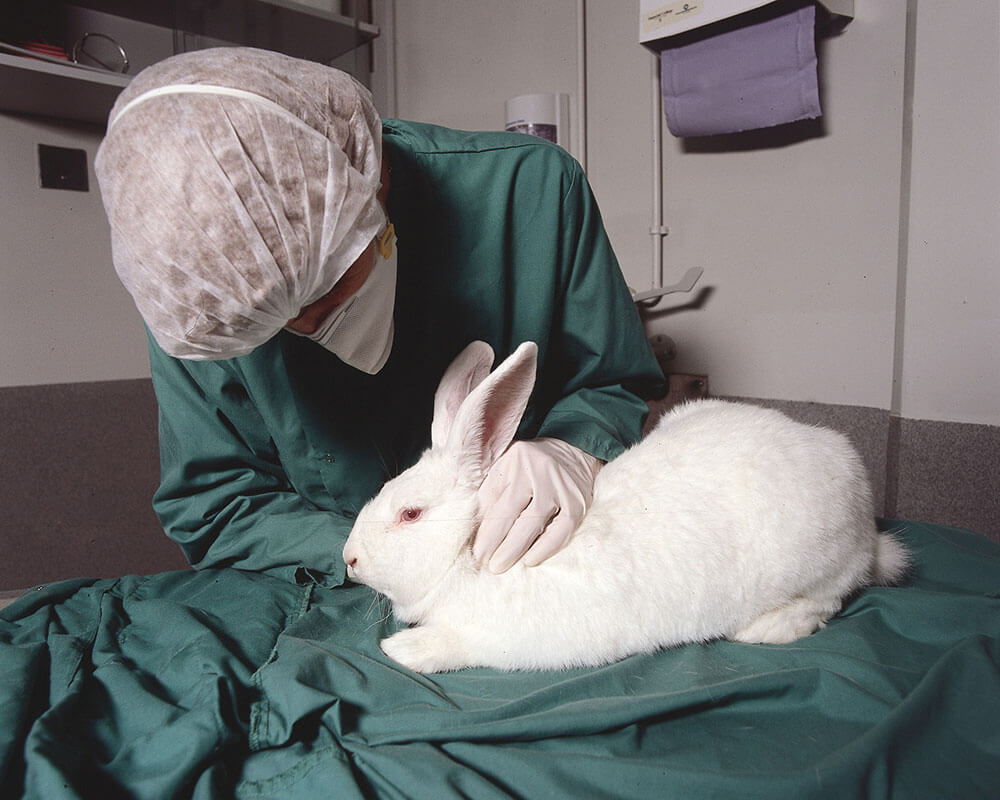
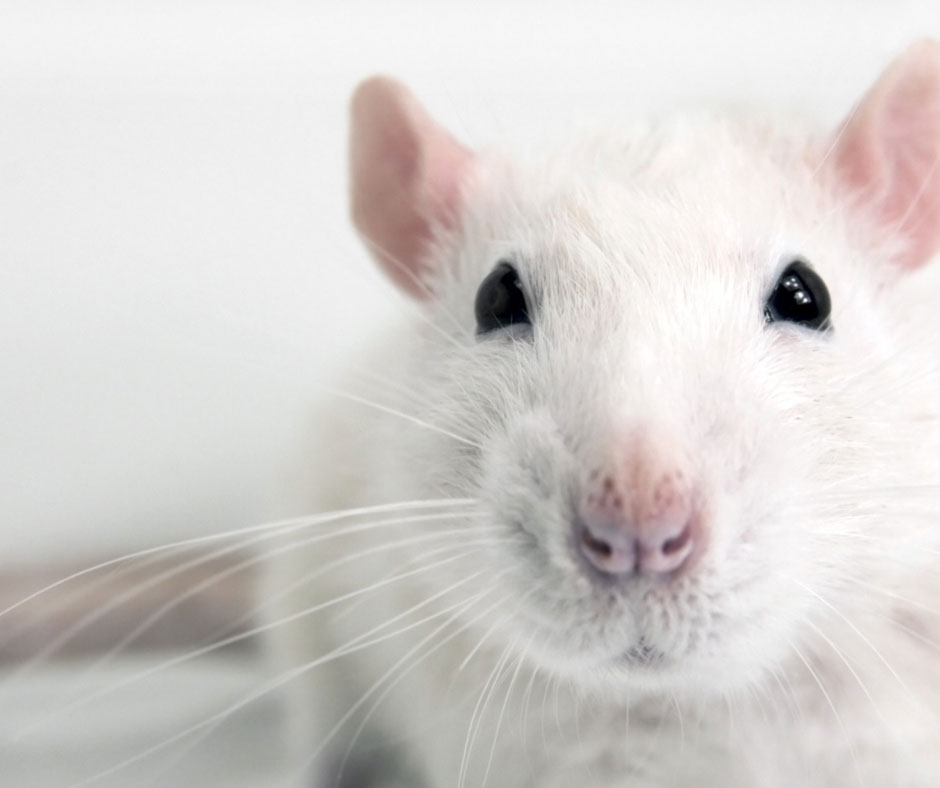
The alternatives
AnimalKIND is unequivocally opposed to the use of animals in scientific research and product testing for both ethical, economic and scientific reasons and is working to have them replaced with humane and scientifically superior alternatives that are more relevant and predictive for humans, such as:
- Non-invasive imaging technology such as MRIs and CAT scans
- Epidemiology (the study of human populations)
- Human clinical studies
- Human cell and tissue cultures
- Microdosing (in which humans are given very low quantities of a drug to test the effects on the body on the cellular level, without affecting the whole-body system)
- Mathematical and computer-based databases and models
- Stem cell and genetic testing methods
- In vitro (test tube) techniques
What you can do
- Conscientious Objection for Students - Refuse to use animals in your course work. Contact your teacher or course advisor and request alternative projects that provide more up-to-date non-animal teaching methods. See the Conscientious Objection website for more information.
- Only donate to charities that do not fund animal experiments and tell the other charities why you have made this decision. See Humane Charities list.
- Ensure you buy products that are not tested on animals by checking the cruelty-free list. See Choose Cruelty Free directory.
- Demand the government commit to supporting more humane and scientifically valid, non-animal methods of research to replace all animal testing (not just for cosmetics).
- Change to a vegan diet and help end agricultural research used to exploit farmed animals into higher profit meat, eggs and milk. Health experts indicate that a plant-based diet can help prevent many diseases. Preventative health is one of the best ways to ensure that fewer animals suffer and die in labs.
- When articles about animal experiments are in the media, make informed comments.
